"Latest About Planet Earth"--Editor's Picks.
Views expressed in this science and technology summary are those of the reporters and correspondents. Accessed on 13 June 2024, 0051 UTC.
Content and Source: livescience.com/planet-earth.
Please scroll down to read your selections. Thanks for joining us today.
Russ Roberts (https://hawaiisciencejournal.blogspot.com).
Editor's Picks
LATEST ABOUT PLANET EARTH
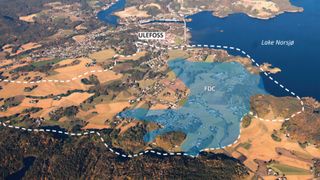
Enormous deposit of rare earth elements discovered in heart of ancient Norwegian volcano
By Stephanie Pappas published
The Fen Carbonatite Complex may be Europe's key to a secure rare-earth-element supply chain following the discovery of a huge deposit at the site.
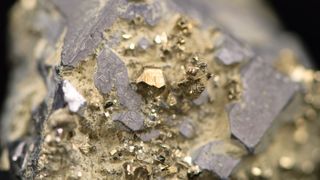
What's the difference between a rock and a mineral?
By Sascha Pare published
Rocks and minerals are closely related, but there are fundamental differences between the two.
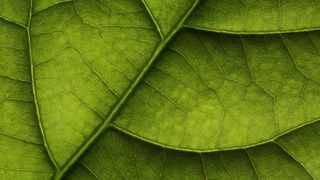
What is photosynthesis?
By Daisy Dobrijevic last updated
REFERENCE Photosynthesis is the process plants, algae and some bacteria use to turn sunlight, carbon dioxide and water into sugar and oxygen.
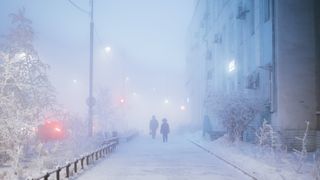
What is the coldest city in the world?
By Joe Phelan last updated
The coldest city in the world is in Siberia, where temperatures plummet to minus 76 degrees Fahrenheit. Here's why it's so cold there.
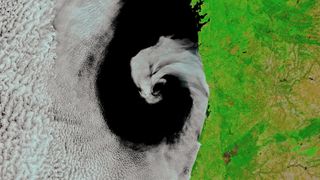
Earth from space: Mysterious, slow-spinning cloud 'cyclone' hugs the Iberian coast
By Harry Baker published
This 2017 satellite photo shows an unusual cloud "cyclone" nestled up against the coastline of Spain and Portugal. Researchers are unsure what caused the strange structure's spin, but ocean eddies and an extreme heat wave likely played key roles.
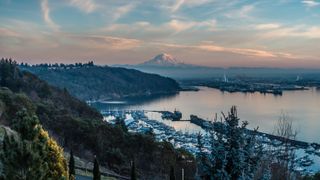
'The difference between alarming and catastrophic': Cascadia megafault has 1 especially deadly section, new map reveals
By Stephanie Pappas published
The Cascadia subduction zone is more complex than researchers previously knew. The new finding could help scientists better understand the risk from future earthquakes.
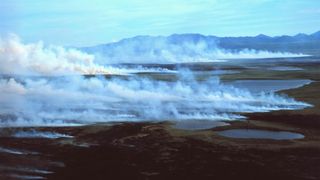
Arctic 'zombie fires' rising from the dead could unleash vicious cycle of warming
By Sebastian Wieczorek, Eoin O'Sullivan, Kieran Mulchrone published
Zombie fires that burn underground over winter may be a case of climate change-driven spontaneous combustion, new research reveals.
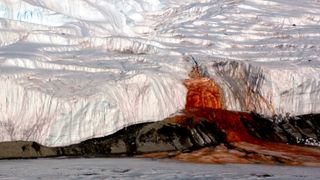
Blood Falls: Antarctica's crimson waterfall forged from an ancient hidden heart
By Sascha Pare published
Iron-rich waters buried beneath Taylor Glacier in East Antarctica are sporadically released in what looks like a bloody mess — but the so-called Blood Falls aren't as gruesome as they first appear and sound.
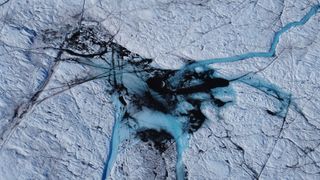
Giant viruses discovered living in Greenland's dark ice and red snow
By Patrick Pester published
The giant viruses might infect algae that are increasing Greenland's ice melt. These viruses could help kill off the damaging algal blooms, helping to reduce some of the impacts of climate change.
- Get link
- X
- Other Apps
Labels
Live Science-Planet Earth- Get link
- X
- Other Apps
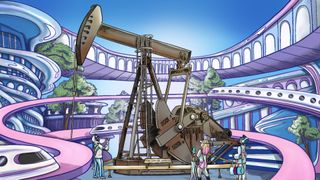
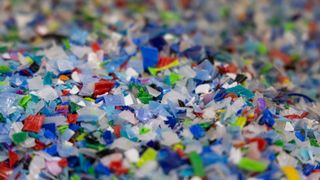

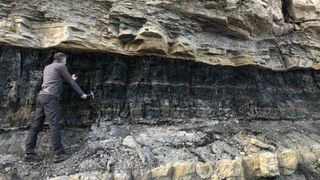
Comments
Post a Comment
Welcome to "Hawaii Science Journal". Here you'll find the latest stories from science, technology, medicine, and the environment.